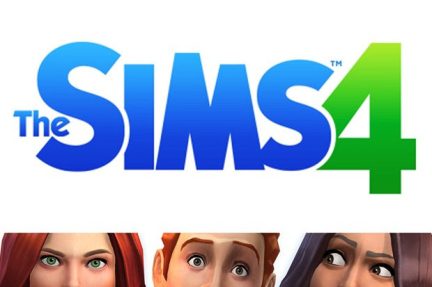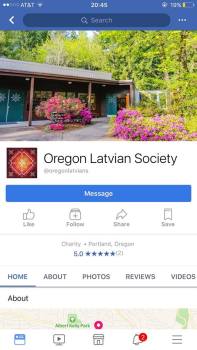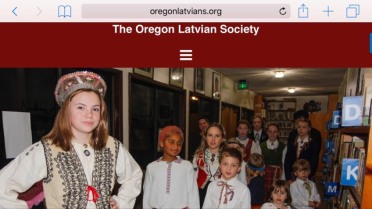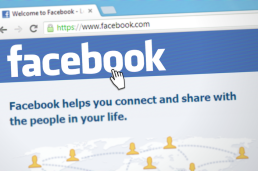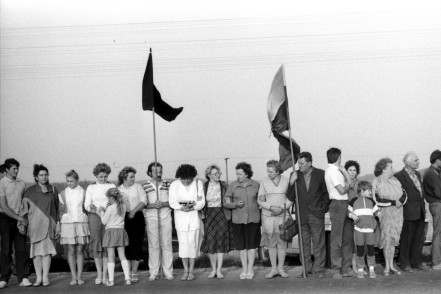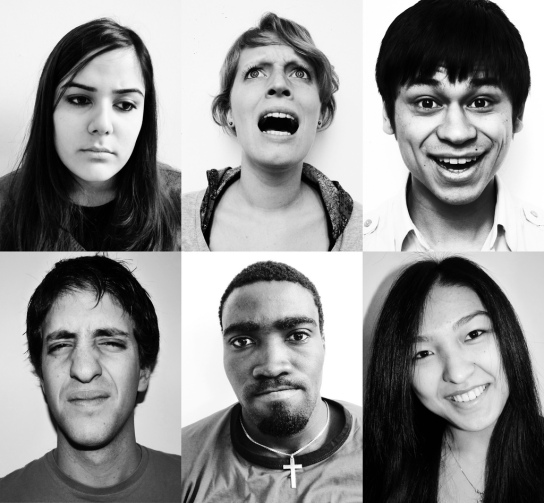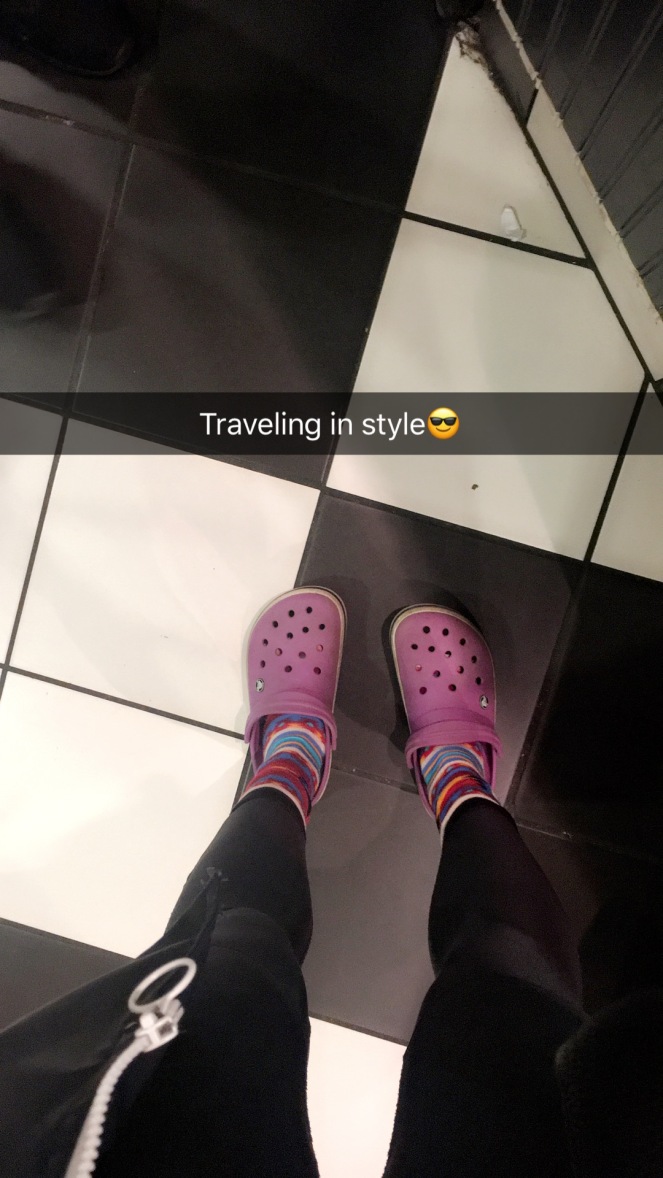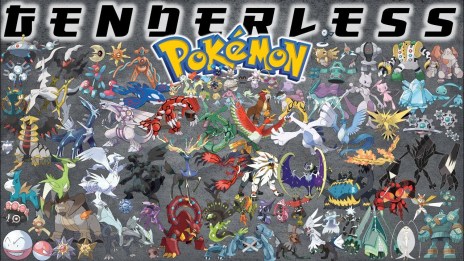
Sveiki!
This week we read an excerpt by Nakamura on identity tourism and we were divided up into groups to discuss different ideas from the text. In our group we discussed whether or not it even is a choice- choosing to leave race, gender, ethnicity out of your description online. The excerpt makes a good point by saying, that by omitting this information, people still automatically assume you’re part of the major public, so usually you’re assumed to be white, male, straight, etc.
Just like most people of my generation, I too, have many social media platforms. After reading this excerpt, I started thinking about how strangers who come across my profiles might perceive me. I don’t think there’s too much anonymity to my profiles, and I also don’t consider myself to overshare online, so I think I give a pretty clear image as to who I am and who they’re talking to. It’s hard to hide general information like race and gender on sites like Facebook and Instagram, especially if you’re using them to post updates on your life, since they are vital parts of what makes you who you are. But then where can we take away gender and race and even slightly hope to be perceived as raceless and genderless?
I think that the best chances of achieving this are not through social media, but through : video games, online anonymous chat rooms, forums, online games like “Clubpenguin” and virtual reality games. In all of these you have to choose a username, which you can use to display your real name, an alter ego name or something descriptive about who you are if you want to do so. Some of these also make you choose a character, but this also is an opportunity to lose the race and gender classifications and just become an alien or a pink penguin.
The online world does give you a chance to escape the everyday classifications, but it doesn’t really give you a chance to escape the general stereotypes and associations people may have. It’s disappointing that it is that way, but I don’t know what would have to happen to change that. I think it’s subjective to what surroundings each person is raised in, so in order to change our perceptions of people online we would have to change the surroundings each person is raised in.

